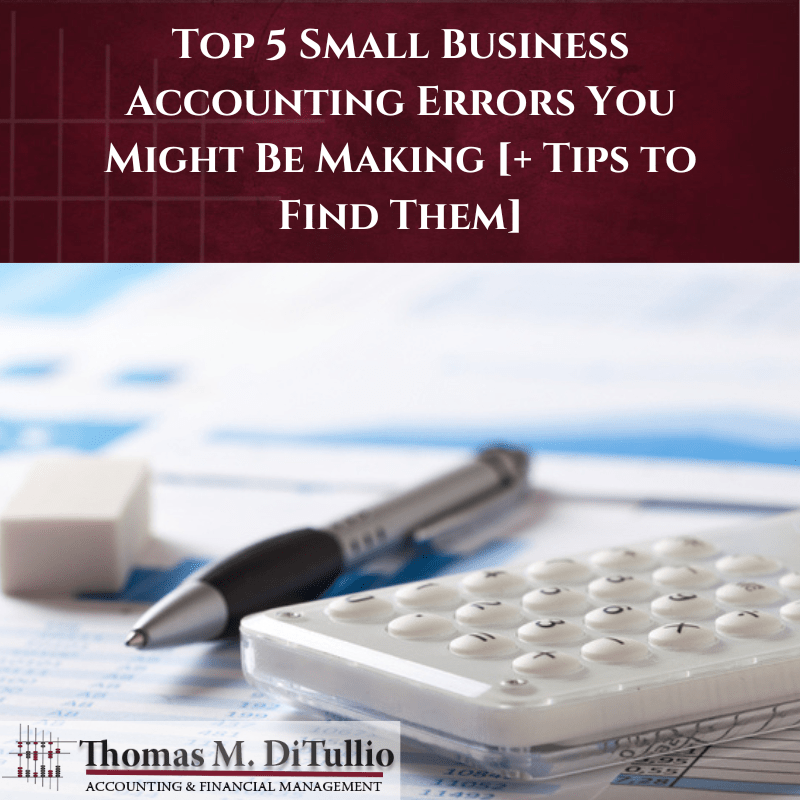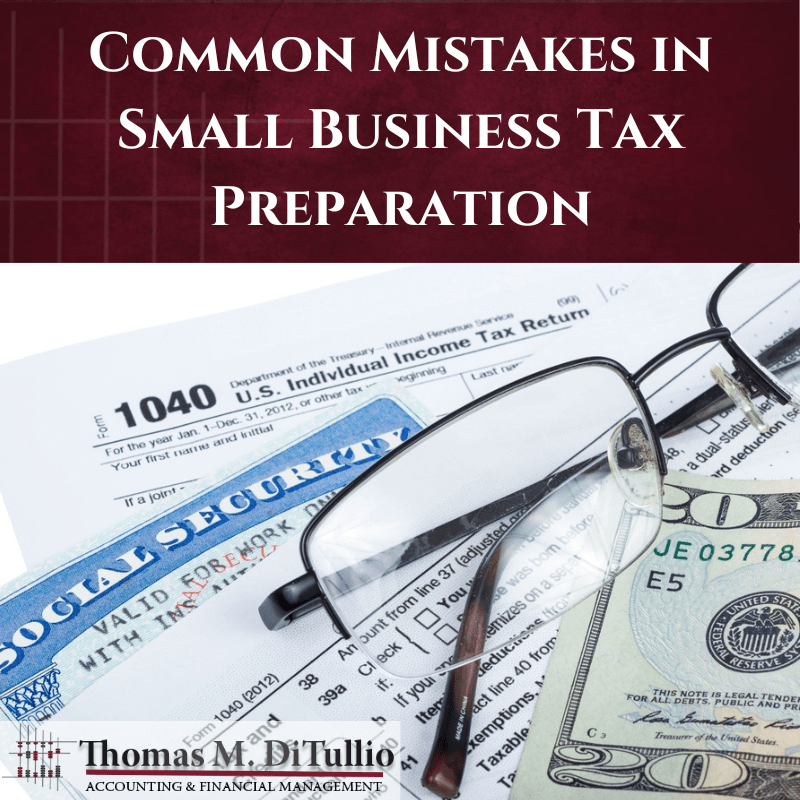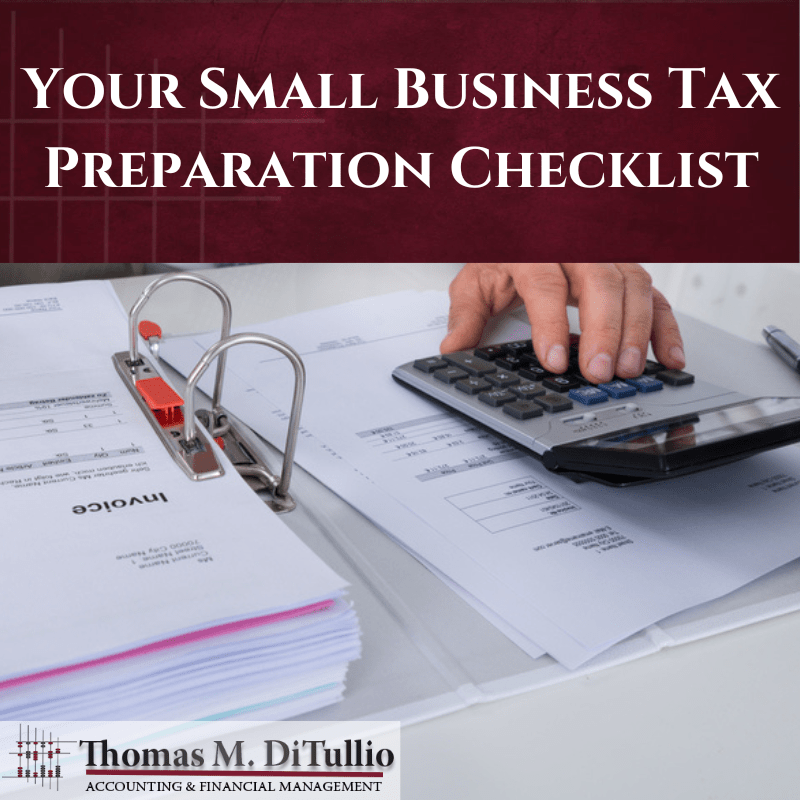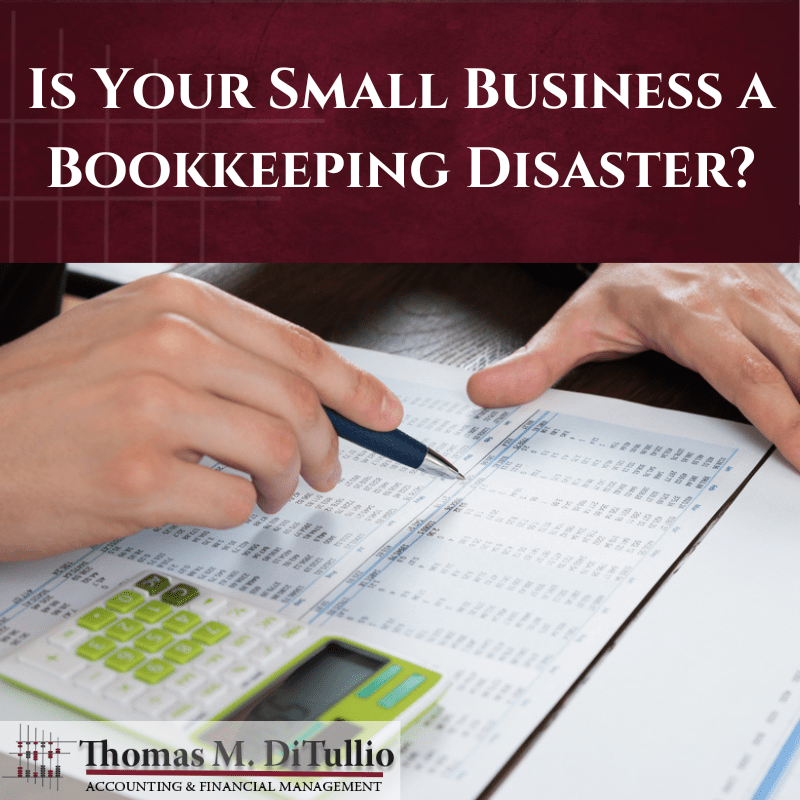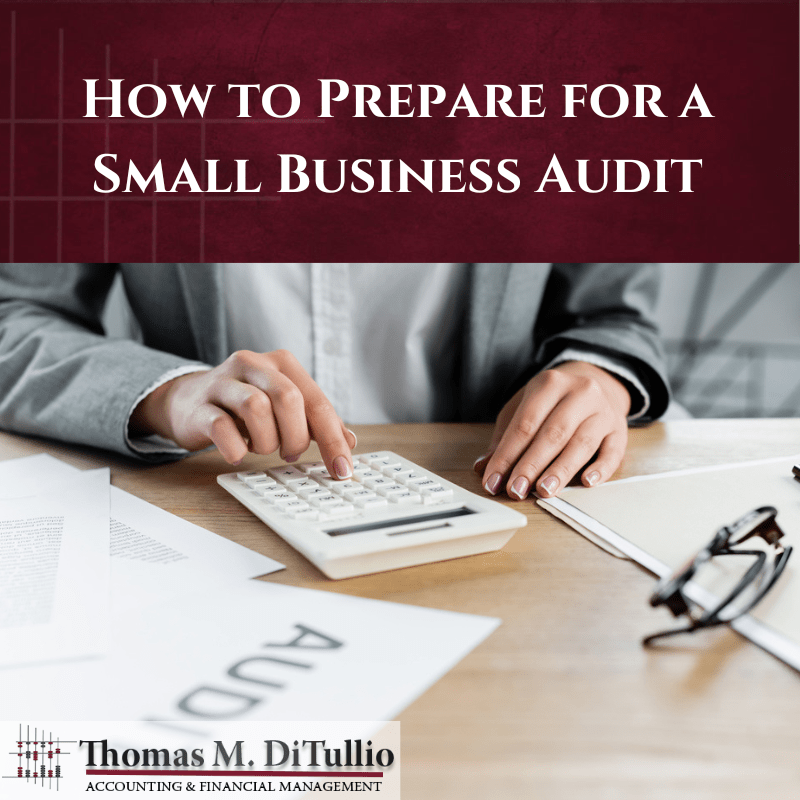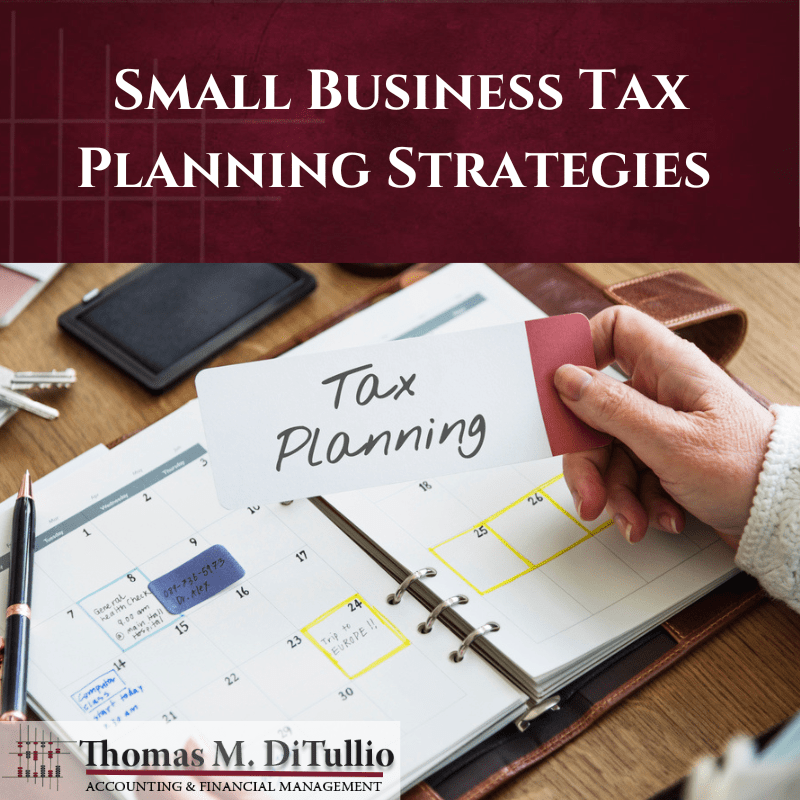Top 5 Small Business Accounting Errors You Might Be Making [+ Tips to Find Them]
Many businesses use software programs for their bookkeeping and accounting. These methods have made bookkeeping and accounting easier for small businesses. Unfortunately, it has also made errors in bookkeeping more common. Some accounting errors are minor and unimportant, while others are more significant and might have a negative effect on your business’s financial health. Here are the top five small business accounting errors and how you can find and fix them.
#1- Listing Potential Profit as Current Cash Flow
Many businesses believe that profit is the same as cash flow. For example, if you have closed a deal for $40,000, you might assume the initial dollar amount could be considered pure profit. However, that is not always the case. Remember, the costs to complete the deal or other problems could cut into those profits. Plus, it will take money and resources to complete the deal. As a result, you may lose a significant portion of the profit before the project finishes. While it is tempting to write down all income as a new cash flow, it gives your business a false sense of security that you are operating a financially healthy business.
#2 – Forgetting to Record Transactions
Accountants must keep a meticulous record of all transactions. From small payments to large ones, it is crucial to ensure that every detail is recorded and categorized in the correct account. Bookkeeping is just as important for small companies as it is for large ones. With the proper accounting and bookkeeping practices, you can access information to assess your business’s financial health.
To keep your business financially secure, you need to establish a serious bookkeeping and accounting system that accurately categorizes your assets and liabilities. It is also important to check your books and accounts monthly. When you are not serious about these duties, it can lead to financial troubles.
#3 – Failing to Reconcile Books With Bank Accounts
You need to check your bank balance against your ledger frequently. This practice is called reconciliation. When you frequently check your record against the bank accounts, it ensures your account balances are accurate.
It can be easy to forget to record small costs and expenses, which can cause problems later. Reconciling your accounts will allow you to track your financial situation. Every time you pay for something, ensure the receipt is recorded in your business’s accounts. This will help you keep track of your business’s financial health.
#4 – Not Communicating With Your Bookkeeper or Accountant
These professionals need to be aware of all the transactions in your business. For that reason, keeping good records of your company’s financial information is essential. In addition to that, you will want to ensure those records are available to your bookkeeper or accountant. When it comes time to monitor your income and spending, you should keep a paper record of all transactions. Communication will help prevent any problems regarding your accounts and books.
#5 – Managing Bookkeeping and Accounting Responsibilities by Yourself
Are you a small business owner who handles your bookkeeping and accounting in-house? It can be tempting to save money by doing these tasks on your own, but it may not be worth the time and effort. While some might think that managing their own accounting is an excellent way to save money, it could cost them more than they realize. Hiring an accountant involves upfront costs, but it will be worth it for your business in the long run.
When you hire an accountant to manage your accounting, you give yourself a chance to save money. Accountants often know about certain tax deductions and can spot errors in your company’s books. You may be hesitant to hire a professional to handle these tasks, but small business accounting services provide many benefits.
How to Prevent and Fix Errors
Now that you know the common errors, how do you find them? Here are a few tips to follow.
Keep an Audit Trail
An audit trail is a set of documents that confirms the transactions you record in your books. You base the entries on your company’s purchases, sales, and expenses when you record transactions. The audit trail details all the information about transactions so you can use it to cross-check your bookkeeping.
Use a Consistent Process
It is important to review your books regularly to spot errors. While the frequency of your bookkeeping review depends on your business, you should conduct a checkup at least once a month. Even small mistakes can snowball into bigger problems when you do not catch them. If you don’t currently have a regular accounting process in place, consider starting one to catch accounting mistakes early and prevent future issues.
Have Someone Else Look at the Books
When it comes to your accounting, you are better off having someone else check your books. After all, you’re a business owner, not an accountant or bookkeeper. If you want to catch mistakes, save money, and prevent headaches, ask an experienced professional to help with these tasks.
Need an Accountant for My Small Business?
When you need help with your small business accounting, reach out to TMD Accounting. For over 40 years, we have served the Gloucester County community and surrounding areas. Whether you need assistance with bookkeeping or accounting services, we can help you get a handle on your finances so that you can focus on operating your business. Schedule a consultation by calling 856-228-2205 today.

![Top 5 Small Business Accounting Errors You Might Be Making [+ Tips to Find Them]](http://tmdaccounting.com/wp-content/plugins/revslider/public/assets/assets/dummy.png)
